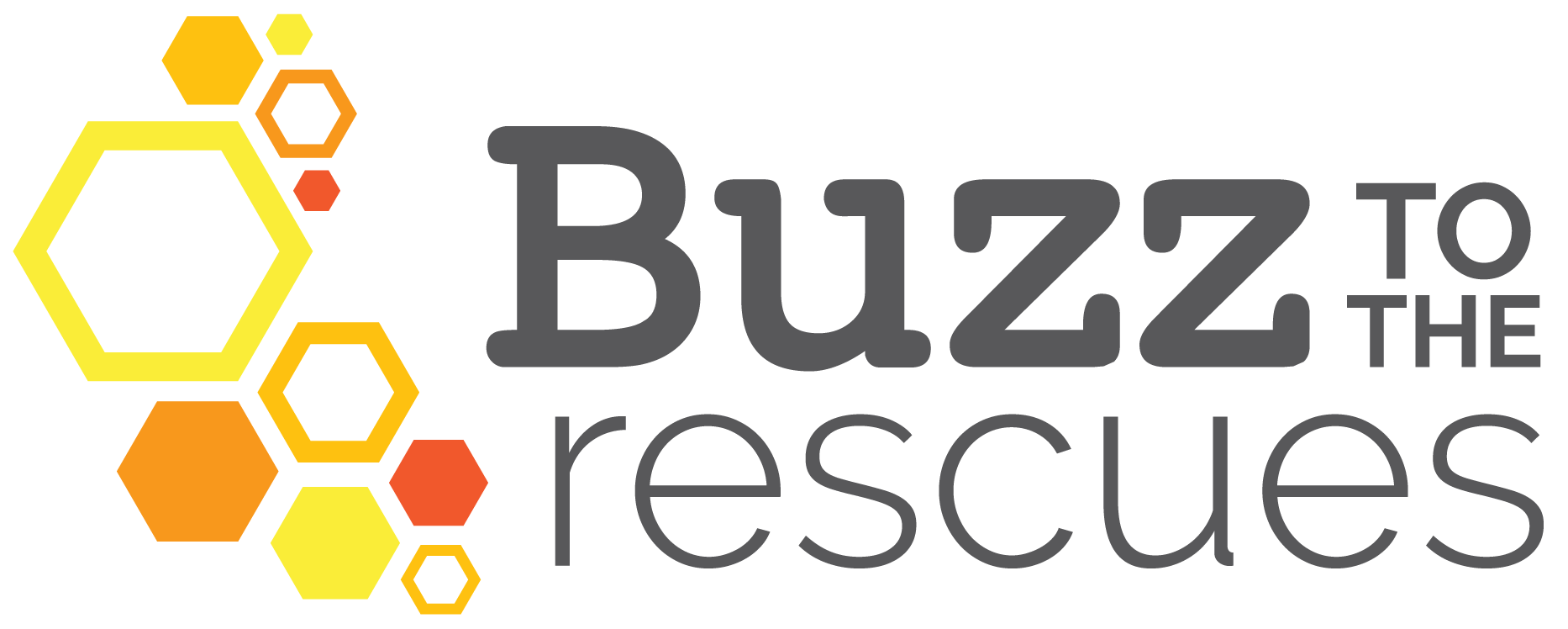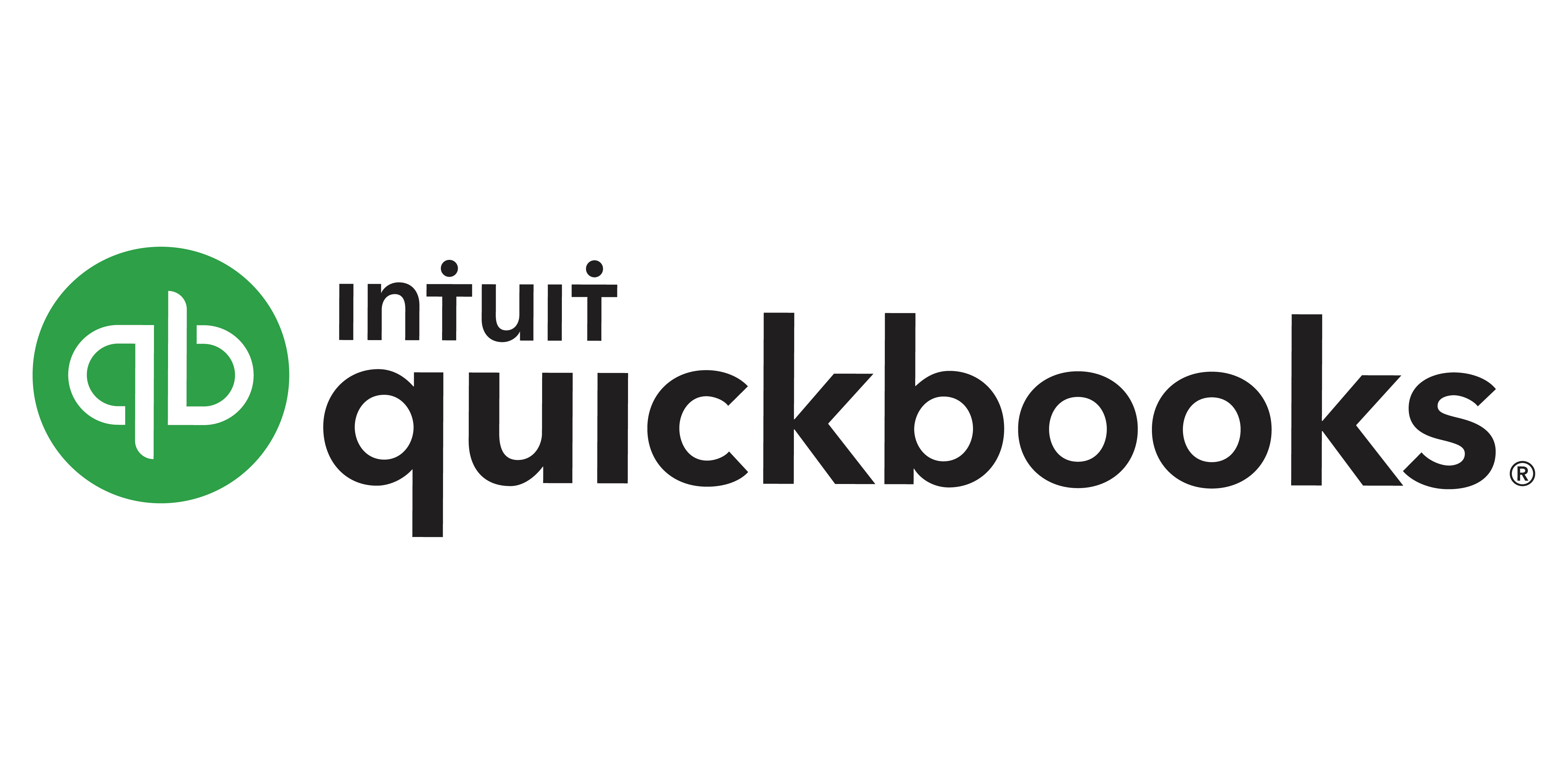What Is Animal Shelter Software?
Animal Shelter Software is specialist software that helps animal shelters and rescue groups manage and simplify their operations. It is a complete system that assists shelters of all sizes in successfully managing duties such as animal intake, adoption monitoring, medical records management, fundraising, volunteer administration, and more.
One of the most important advantages of animal shelter software is the ability to consolidate and organize all data and information about the animals in the shelter. This contains information about medical history, vaccines, behavioral assessments, and adoption status. This consolidated database guarantees that all staff members have access to accurate and current information, resulting in better decision-making and animal care.
Furthermore, many animal shelter software systems include features for online adoption applications, allowing interested adopters to readily browse and apply for animals that are up for adoption. This not only speeds up the adoption process, but it also enhances the likelihood that shelter animals will find a forever home. Furthermore, the program contains tools for managing volunteer and donor information, tracking donations, and fundraising through internet platforms.
This enables shelters to develop and maintain connections with donors, eventually contributing to their larger aim of finding homes for animals in need. Furthermore, animal shelter software frequently includes reporting and analytics features, allowing shelters to monitor statistics such as adoption rates, animal intake, and overall shelter efficiency. These insights can help organizations discover areas for development and make more educated decisions to better serve the animals in their care.
Overall, Animal Shelter Software is an important tool for animal shelters and rescue groups, providing a full solution for managing operations, improving animal care, and, eventually, finding loving homes for their animals. This software's multiple capabilities simplify and optimize shelter administration, making a significant difference in the lives of animals and those who care for them.
What Are the Recent Trends in Animal Shelter Software?
In recent years, the animal shelter sector has placed a greater focus on technology, resulting in the creation of complex software solutions tailored exclusively to animal shelters. These revolutionary software tools have transformed how shelters work, making them more effective, streamlined, and data-driven. One key development in animal shelter software is the incorporation of cloud technologies.
Shelters may now access their data and applications from anywhere, making information management and storage easier. Furthermore, it enables real-time cooperation among staff members and facilitates engagement with potential users. Another trend is the application of data analytics to improve decision-making processes. Animal shelter software now includes the capacity to gather and analyze data on animal intake, adoptions, and other operations.
This data assists shelters in identifying trends and patterns, resulting in more effective animal care and adoption programs. Furthermore, there has been a greater emphasis on customer relationship management (CRM) within animal shelter software. With the development of social media and online connections, shelters may now utilize CRM solutions to manage interactions with possible adopters while also tracking their preferences and interests.
This makes the adoption process more tailored and efficient. In addition, we are seeing an increase in mobile-friendly animal shelter software. This enables shelters to update information in real time, even while on the move. It also makes it easy for potential adopters to get information and interact with shelters using their mobile devices. Finally, there is a trend toward configurable and modular software solutions for animal shelters.
This means that shelters may choose and pay for exactly the capabilities they want, making the program more cheap and suited to their individual requirements. Overall, current advancements in animal shelter software emphasize efficiency, data management, communication, and customer satisfaction. Investing in these innovative software solutions allows animal shelters to improve their operations and better accomplish their objective of providing exceptional care to animals in need.
Benefits of Using Animal Shelter Software
Animal shelter software provides various benefits to shelters and rescue organizations. While traditional methods of data collection and management may have worked in the past, using this specialist software may significantly increase efficiency, organization, and overall effectiveness in running an animal shelter.
In this buyer's guide, we'll go over the main advantages of utilizing animal shelter software to help you make an informed buying decision.
1. Streamlines Data administration: One of the most significant advantages of employing animal shelter software is its ability to simplify data administration. Rather than having to manage different spreadsheets and paper records, all information may be simply input and retrieved in a single centralized system. This means less time spent on administrative work and more time focused on the animals.
2. Improves Communication: Animal shelter software allows staff and volunteers to quickly interact with one another and share essential information about the animals. This lowers the possibility of misinterpretation and guarantees that everyone is on the same page about the animals' care and well-being.
3. Improves Adoption Processes: Animal shelter software frequently includes features like animal profiles, adoption applications, and online appointment scheduling. These technologies not only make the adoption process easier for potential adopters, but they also help shelters locate suitable homes for their animals more quickly.
4. Increases Visibility and Fundraising: Many animal shelter software alternatives include a website or online portal where shelters may display available animals and take donations. This can boost the shelter's awareness, attract more potential adopters, and create new fundraising possibilities.
5. Aids in Reporting and Analytics: Animal shelter software often contains reporting and analytics tools, which enable shelters to track critical data such as adoption rates, intake and outcome statistics, and income. These insights can help you make data-driven decisions and enhance overall operations.
6. Makes Licensing and Health Certification Easier: Tracking animal licenses and health certificates may be time-consuming and laborious. This procedure may be automated using animal shelter software, ensuring that all animals have current paperwork and lowering the chance of noncompliance.
Important Factors to Consider While Purchasing Animal Shelter Software?
When it comes to operating an animal shelter, the correct software may make a huge impact. With the correct tools and capabilities, you can swiftly and effectively manage day-to-day operations, speed adoption procedures, and keep meticulous records. However, with so many possibilities, it might be difficult to select the finest animal shelter software for your unique requirements. To assist you make your selection,
Here are some key aspects to consider while selecting animal shelter software.
1. User-Friendly Interface: The software's user-friendliness is an important element to consider. As an animal shelter, you may have volunteers and staff with varied degrees of technical expertise. As a result, it is critical to pick software with an intuitive interface that is simple to use and requires little training.
2. Customization Options: Each animal shelter functions differently, and your software should reflect this. Look for a product that allows you to customize the features and workflows to meet your individual requirements. This will guarantee that the software fits your specific procedures and increases productivity.
3. Comprehensive functions: Animal shelter software should provide a variety of functions aimed at streamlining your operations. Some key features to look for are animal management, adoption management, contribution tracking, volunteer scheduling, and reporting capabilities. Assess your unique requirements and check that the program has the essential functionality to meet them.
4. Compatibility and Integration: You should analyze the software's compatibility and integration with other systems in your animal sanctuary. This includes tools like accounting and donation management software. Compatibility and integration will help to develop a streamlined workflow and minimize the need for redundant data entry.
5. Scalability: Your animal shelter's software should be able to grow alongside it. Look for software that is scalable, meaning it has the capability and flexibility to handle more animals, personnel, and volunteers. This will save you the hassle and expense of upgrading to new software in the future.
6. Data Security: Protecting sensitive data, such as animal medical records and donor information, is critical. To secure your information, make sure the program has strong security features including data encryption, password protection, and frequent backups.
7. Customer assistance: In every software purchase, customer assistance is essential. Look for a software company that provides dependable and efficient customer service, whether via phone, email, or live chat. This ensures that any technical difficulties or inquiries are answered quickly, reducing downtime and delays in your operations. When choosing animal shelter software, consider these crucial elements to make an educated selection. Take the time to properly investigate and evaluate various possibilities, and do not hesitate to contact the software vendor for a demo or trial period. With the correct software, you can improve animal care and overall operations at your shelter.
What Are the Key Features to Look for in Animal Shelter Software?
When looking for the best animal shelter software, there are a few crucial things to consider. These features will not only make your job as a shelter manager easier, but will also ensure that your animal inmates receive proper care.
The following are the main features to look for in animal shelter software.
1. Intake and adoption management: One of the most critical components of running an animal shelter is keeping track of the animals that are admitted and adopted. Look for software that will allow you to conveniently document and track the animals that enter your shelter, as well as their adoption status.
2. Medical records and treatment plans: Maintaining an animal's medical history and treatment plan is critical for their health and well-being. Make sure the program you select allows you to conveniently capture and view this data.
3. Staff and volunteer management: Running an animal shelter involves a collaborative approach, which your software should represent. Look for tools that let you manage employee and volunteer schedules, responsibilities, and communication.
4. Donations and fundraising: Many animal shelters rely on donations and fundraising to remain operational. Look for software that has donor management tools and can track gifts and fundraising activities.
5. Reporting and analytics: To make educated decisions for your shelter, you must have access to data and analytics. Look for software with extensive reporting capabilities and customisable dashboards.
6. Online adoption and contribution capabilities: With the advancement of technology, many shelters now provide online adoption and donation services. Make sure your software can handle these transactions seamlessly.
7. Mobile accessibility: With shelter managers frequently on the go, it's critical to have software that can be used from a mobile device. Search for applications or mobile-friendly versions of the program.
8. User-friendly interface: A complicated and confusing interface will reduce your shelter's efficiency. Look for software with a user-friendly interface and simple navigation.
9. Customer support: When problems or inquiries arise while using the program, it is critical to have dependable customer help. Look for software that provides 24-hour help and several methods to reach their support crew. Keeping these crucial qualities in mind will help you discover the best animal shelter software for your needs. Remember to think about your budget and the size of your shelter before making a purchase. With the correct software, you can ensure that your animal pets receive the finest possible care while still running your shelter smoothly.
Why Do Businesses Need Animal Shelter Software?
Businesses that operate animal shelters face various duties that may rapidly become daunting. From managing the shelter's daily operations to organizing adoptions, receiving contributions, and keeping animal health records, the list of responsibilities might seem unending. Animal shelter software can help expedite and simplify the procedure.
One of the primary reasons organizations use animal shelter software is for effective administration. Shelters may use this program to conveniently manage and arrange animal intake, adoptions, and medical information, allowing for more accurate and complete records. This not only saves time and effort, but also guarantees that all information is readily available when required.
Another significant feature of animal shelter software is its capacity to facilitate communication and collaboration among various departments inside the shelter. This is especially useful for bigger shelters that may have several branches or locations. The program enables seamless communication and cooperation, resulting in greater organization and increased production.
In addition, animal shelter software can help with fundraising efforts. Shelters can quickly accept and track donations while also managing membership programs thanks to integrated donation and membership management capabilities. This not only helps to keep the shelter's money flow consistent, but it also makes it easy for donors and members to trace their donations.
Furthermore, animal shelter software provides useful insights via data analytics and reporting capabilities. This enables shelter administrators to monitor key parameters including as adoption rates, animal intake numbers, and operational expenses, resulting in usable data for making educated decisions and improving shelter operations. Finally, animal shelter software helps to improve openness and accountability.
Shelters that keep extensive records and documentation may give funders and stakeholders with reliable information about their operations and finances. This fosters confidence and credibility, potentially leading to increased support for the refuge. Finally, firms that operate animal shelters may reap significant benefits from investing in animal shelter software.
This program provides a variety of features that may help shelters run smoothly and efficiently, including efficient management and increased communication, as well as effective fundraising and useful insights. So, if you're a business trying to simplify your shelter operations and offer the best possible care for the animals in your care, animal shelter software is an essential tool.
How Much Time Is Required to Implement Animal Shelter Software?
The time required to deploy animal shelter software varies based on the program utilized, the size of the shelter, and the staff's preparedness to embrace the new system. A typical installation might last anything from a few weeks to many months. One of the most significant elements influencing implementation time is the extent of customisation required for the shelter's individual demands.
If the software is already set up to fulfill the common demands of animal shelters, the implementation time may be reduced. However, if the shelter has unique adaptations, it may take longer since the software vendor must collaborate closely with the shelter personnel to ensure the system fits their exact needs. Another problem is the amount of data that must be transferred from the shelter's current systems to the new software.
This can be a time-consuming task, particularly if the shelter has a huge database of animals, volunteers, and donors. To prevent delays to everyday operations, the data migration should be properly planned and scheduled. In most situations, deploying animal shelter software necessitates training for shelter employees. This covers both initial training on how to use the program and continuing support and training as needed.
The length of time necessary for training varies depending on the complexity of the software and the staff members' expertise with technology. It is also vital to consider the time required to integrate the software with any third-party systems or apps that the shelter may use. This might involve bookkeeping, email marketing, and donation management systems.
Proper integration may enable uninterrupted data flow and increase the shelter's overall efficiency. In summary, the time required to develop animal shelter software is determined by a variety of factors, including customisation requirements, data transfer, training, and integration. Working closely with the software vendor is vital for establishing a realistic implementation timeframe and ensuring a smooth transition to the new system.
What Is the Level of Customization Available in Animal Shelter Software?
When contemplating acquiring animal shelter software, it is critical to understand the amount of customization available in order to fit the program to your individual requirements. Customization in this case refers to the ability to alter the program to match your shelter's specific processes and operations. This can contain unique data fields, automatic processes and reports, and user interfaces that are customisable.
The level of customisation in animal shelter software varies depending on the software supplier. Some software may have limited modification capabilities, but others may be quite flexible to accommodate the demands of various types of shelters. The software's versatility is a crucial factor to consider when deciding on the amount of customization offered.
Some software may have pre-set templates and customization possibilities, but others may allow for more in-depth changes to meet your shelter's unique requirements. For example, software with a drag-and-drop interface may be more flexible than software with pre-set data fields. It is also critical to assess the technical support and resources offered by the software supplier to assist with changes.
This includes the provision of training, support documents, and prompt customer service. Some software may also have user groups where shelter managers may exchange suggestions and best practices for personalizing the software. It is also worth mentioning that, while customisation might provide several benefits, it may also incur additional expenses and implementation time.
As a result, before deciding on the amount of customisation necessary for your shelter, you must first examine its demands and budget. on summarize, the amount of flexibility offered in animal shelter software varies according on the vendor. Before making a selection, it is critical to conduct extensive research and precisely identify your shelter's needs to ensure that the software provides the flexibility and support required for your shelter's operations.
Which Industries Can Benefit the Most from Animal Shelter Software?
Animal shelter software may provide significant benefits to a wide range of sectors that work closely with animals. Whether you run a rescue group, a veterinary clinic, or a pet store, this specialist software will help you streamline operations and improve the care and administration of the animals in your care. Let's take a deeper look at some of the sectors that will profit the most from deploying animal shelter software.
1. Animal Rescue Organizations: Rescue groups are always fighting to save and rehome animals in need. Animal shelter software allows these organizations to properly manage admissions, adoptions, and vet data. The technology also enables them to keep track of critical information such as immunizations, medical treatments, and behavioral assessments for each animal, ensuring that they are well-cared for and put in appropriate homes.
2. Veterinary clinics: Animal shelter software gives veterinarian clinics with a complete platform for managing patient consultations, treatment plans, and medical records. The program also enables simple billing and invoicing, inventory management, and customer communication. With all information in one location, veterinarians can better care for their animal patients while also simplifying their clinic procedures.
3. Pet stores: Pet businesses frequently provide a diverse selection of items and services to appeal to various species of animals. Animal shelter software enables these firms to keep an accurate inventory of their items and track sales and earnings in real time. The software's customer database component also enables pet retailers to keep track of client information and pet specs, allowing for more targeted recommendations and promotions.
4. Pet Grooming Businesses: Animal shelter software may help pet grooming firms manage appointments, customer information, and pet grooming records more efficiently. The technology can also monitor product inventories and sales, making it easier to replenish and manage supply. With the software's invoicing and billing tools, pet grooming firms may streamline their financial procedures and gain a clear picture of their profitability.
5. Municipal animal shelters: Municipal animal shelters are responsible for the well-being of a huge number of animals and require a reliable system to plan and track their activities. Animal shelter software can assist shelters handle animal intake, adoptions, medical records, and volunteer scheduling. Municipal animal shelters may provide more efficient and effective community services by including elements such as lost and found pet monitoring and customisable reporting.
Conclusion
Finally, when investigating and selecting the best software solution for your animal shelter, keep your objectives and goals in mind. A complete animal shelter software may help you streamline operations, improve communication and data management, and ultimately improve the lives of the animals you care for. Some important considerations for the evaluation process include ease of use, customization possibilities, reporting and analytics capabilities, and interoperability with current systems.
It is also critical to emphasize features like adoption management, volunteer and foster monitoring, fundraising tools, and medical record management. Investing in dependable and effective animal shelter software allows you to save time and money while also increasing the impact and reach of your business. We hope this buyer's guide offers useful information and tools to help you with your software decision process.
Remember to properly demonstrate and test potential solutions before making a final selection. Good luck in finding the ideal candidate for your animal shelter!




















